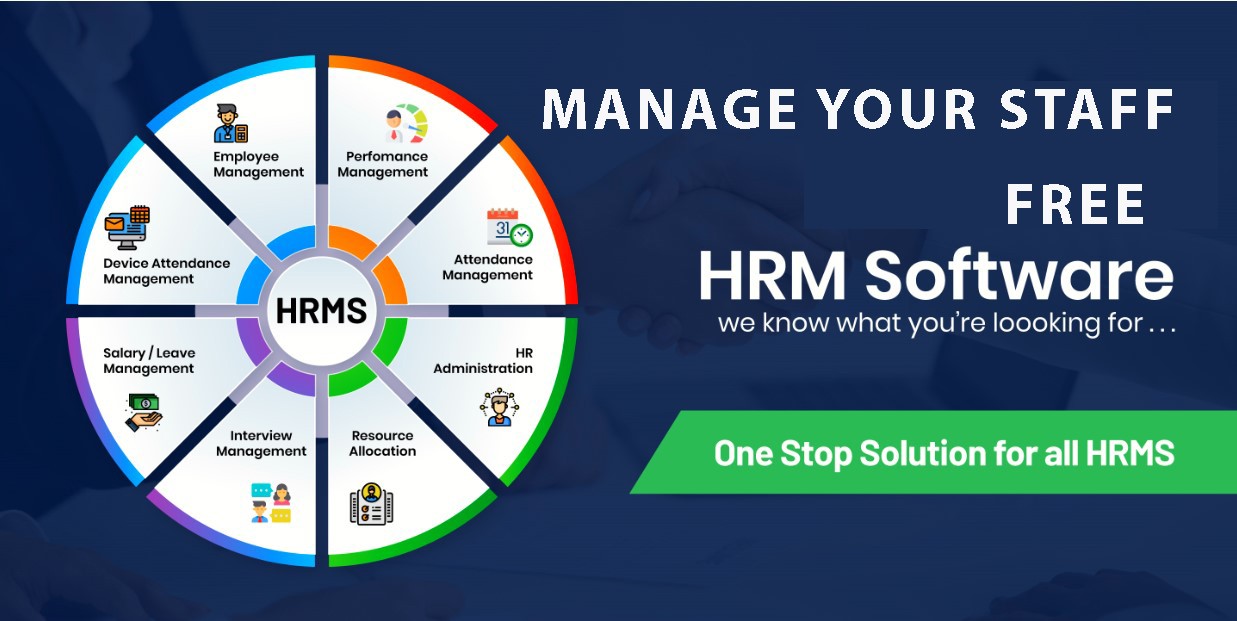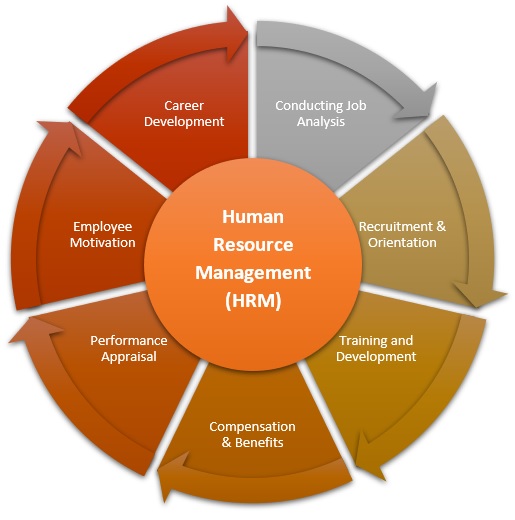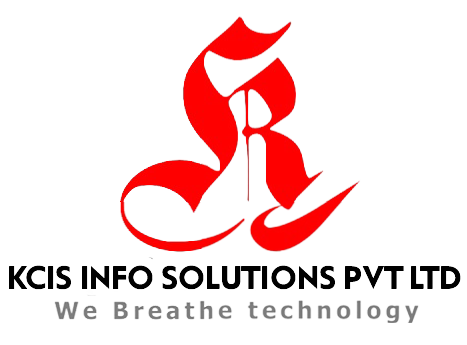HRM (Human Resource Management)

Human Resource Management (HRM) is a vital function within organizations that focuses on managing and maximizing the performance of an organization's human capital or workforce. HRM encompasses a wide range of activities and responsibilities related to managing employees and creating a positive work environment. Here are some key aspects of HRM:
1. Recruitment and Selection: HR professionals are responsible for attracting, hiring, and selecting qualified candidates for job openings within the organization. This involves creating job descriptions, advertising positions, conducting interviews, and making job offers.
2. Employee Onboarding: Once new employees are hired, HRM oversees the onboarding process, which includes orientation, training, and helping new employees become acclimated to the organization's culture and policies.
3. Performance Management: HRM is involved in assessing employee performance, setting performance expectations, conducting performance appraisals, and providing feedback to employees. They may also be responsible for managing performance improvement plans and addressing performance issues.
4. Compensation and Benefits: HRM manages compensation and benefits programs, which include salary structures, bonuses, benefits packages, and other forms of employee compensation. They ensure that these programs are competitive and align with the organization's goals.

Diversity and Inclusion: HRM promotes diversity and inclusion within the workplace, fostering a culture that values differences and ensures equal opportunities for all employees.
HR Information Systems: HRM uses technology and software to manage employee data, track performance, and streamline HR processes.
Employee Engagement and Retention: HRM focuses on strategies to engage employees, improve job satisfaction, and reduce turnover rates. This may involve initiatives such as employee recognition programs and career development opportunities.
Change Management: HRM plays a vital role in managing organizational change, including mergers and acquisitions, restructuring, and new technology implementations, by helping employees adapt to these changes.
Health and Wellness: Some HR departments oversee employee wellness programs and initiatives to promote physical and mental well-being.
Effective HRM contributes to the overall success and sustainability of an organization by ensuring that the right people are in the right roles, motivated to perform at their best, and supported in their professional growth. It involves a combination of strategic planning, administrative tasks, and interpersonal skills to create a productive and harmonious work environment.

